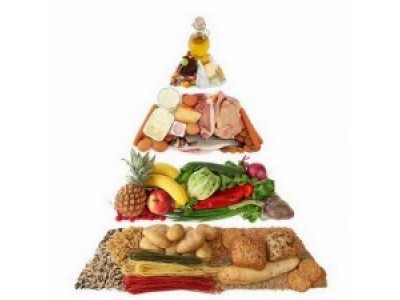The most important foods for our health are those that provide essential nutrients in balanced amounts. Whole grains such as brown rice and oats are beneficial due to their fiber content and complex carbohydrates. Fruits and vegetables, rich in vitamins, minerals, and antioxidants, play a crucial role in maintaining overall health. Lean proteins like poultry, fish, beans, and tofu are vital for muscle repair and growth, as well as for immune function. Healthy fats from sources like nuts, seeds, avocados, and olive oil are important for heart health and nutrient absorption. Dairy or dairy alternatives provide calcium and vitamin D necessary for bone health. Additionally, staying hydrated with water is crucial for bodily functions.
Read also latest antibiotics.
Variety is key to ensure we receive a wide range of nutrients. Diets rich in fruits, vegetables, whole grains, and lean proteins have been associated with reduced risks of chronic diseases such as heart disease, diabetes, and certain cancers. Limiting processed foods high in sugars, unhealthy fats, and sodium is also important for overall health.
Furthermore, individual dietary needs can vary based on factors like age, sex, activity level, and health conditions. Consulting with a healthcare provider or a registered dietitian can provide personalized guidance. Additionally, considering cultural and personal preferences when choosing foods ensures that a healthy diet is enjoyable and sustainable over the long term.
